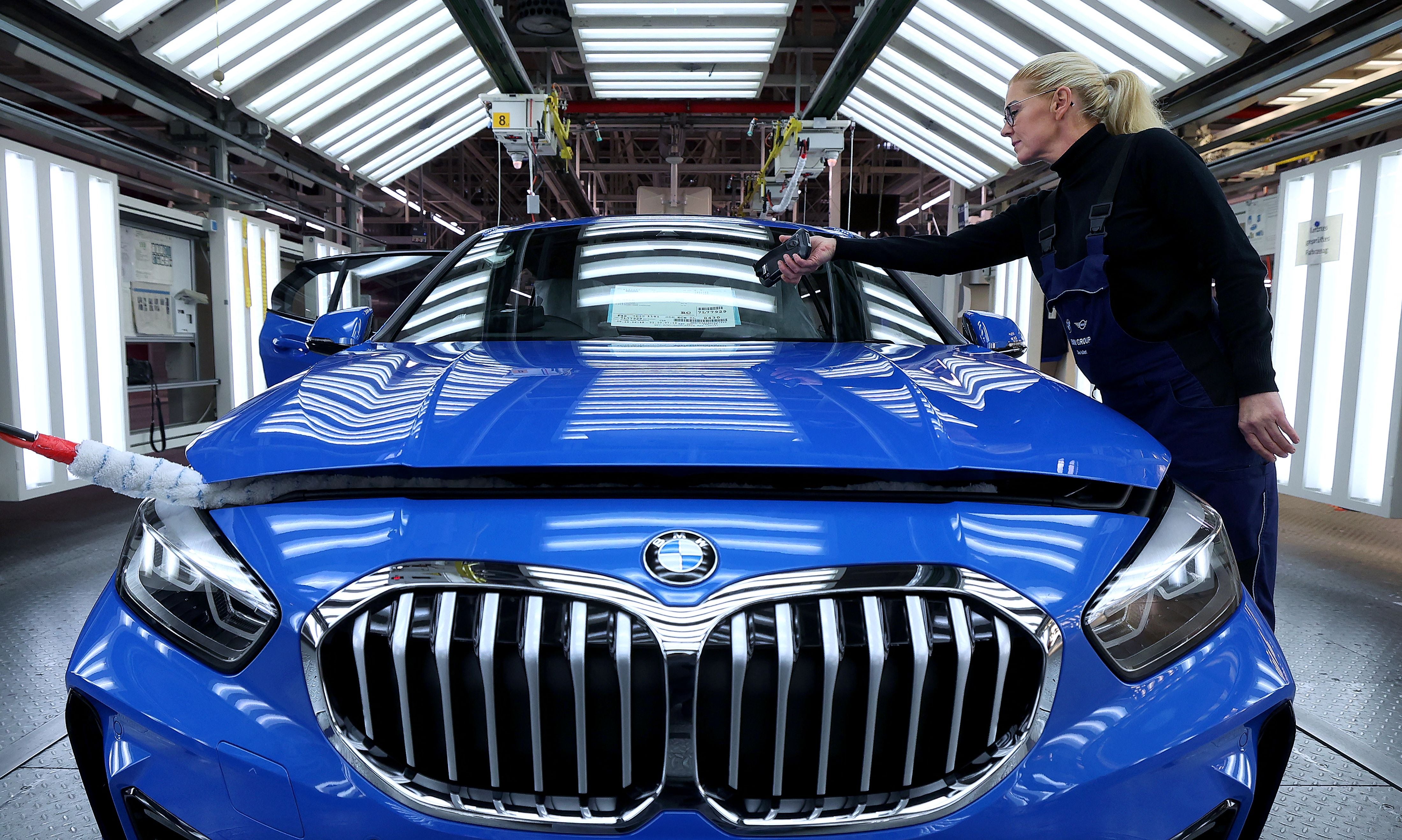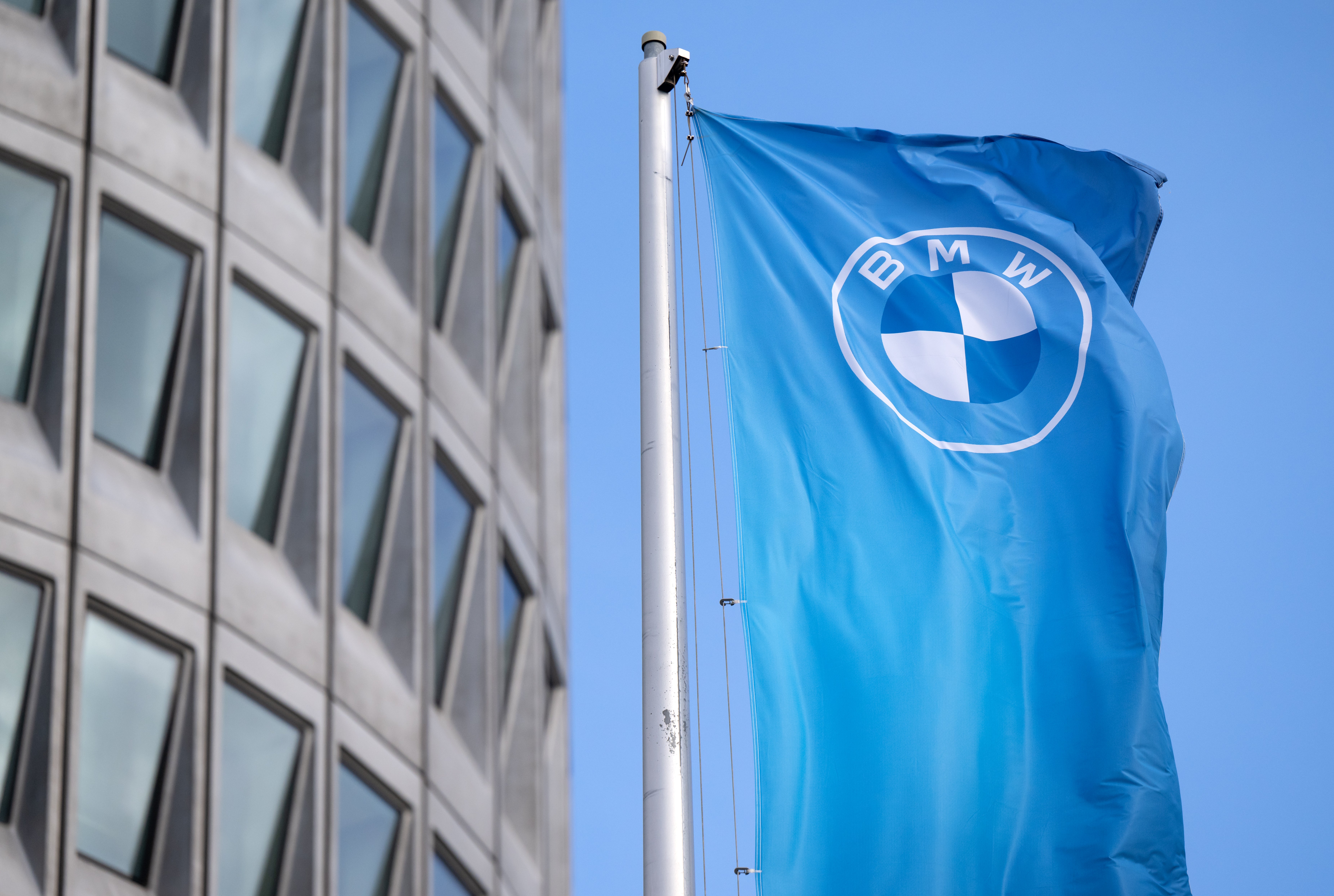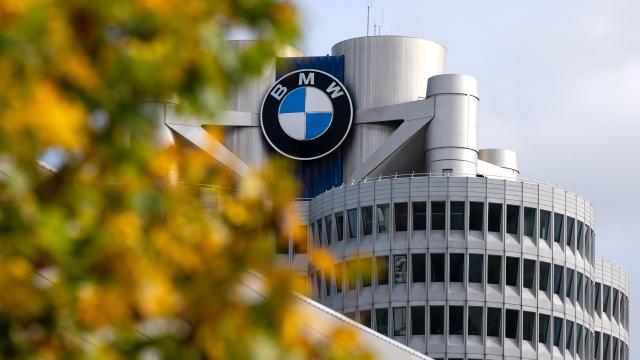A court in Germany has sided with BMW and rejected a lawsuit brought against the automaker by climate activists. The Environmental Action Germany group, or Deutsche Umwelthilfe (DUH) — as the group is known in Germany — hoped the lawsuit could convince the courts to tell BMW to stop selling ICE-equipped cars by 2030, according to the Associated Press.
The DUH argued that allowing BMW to continue selling combustion-powered cars poses a threat “to people’s right to property, health and life” given these cars’ greenhouse gas emissions. But a court in Munich threw the suit out on Tuesday, citing “no threat of illegal encroachment” upon anybody’s rights on the part of BMW. The court qualified its ruling by saying that there was no current threat, at least.

That’s what makes the lawsuit being thrown out amusing: climate activists are more or less arguing that irreparable harm is being done, but it will take years to confirm. So until individuals or corporations are held accountable in advance, the courts are powerless to intervene. BMW was pleased with the ruling, saying that “efforts to cut emissions should be determined by democratically elected parliaments, not in the courts,” as the AP notes.
Of course, the suit being rejected is no surprise, since German courts have already sided with other German automakers: DUH brought a similar suit earlier against Mercedes-Benz. The activists were pushing for an end to M-B’s combustion-powered cars by 2030, but a court in Stuttgart threw out the lawsuit last year. This and previous dismissals have set a precedent that we are now seeing in effect.
The latest BWM ruling added that while the environmentalists’ argument was valid on its surface, the lawsuit didn’t hold up in court because lawmakers in Germany are allegedly working towards the goals set by the Paris climate accord of 2015. Any measures enacted after the Paris accords are proof enough (in the eyes of the courts) that Germany is doing something to address greenhouse gas emissions.
The argument from the DUH is that Germany may be doing something, but it’s not doing enough, and that’s where the courts have washed their hands clean despite saying the “plaintiffs’ arguments couldn’t be dismissed from the outset.”
The environmentalists could still appeal the ruling, which is what they’ve done with the Mercedes-Benz lawsuit, and what they will probably do when the courts inevitably reject a similar lawsuit against German oil and gas major Wintershell Dea, scheduled to be heard in August. Indeed, it could be appeals all the way down.

